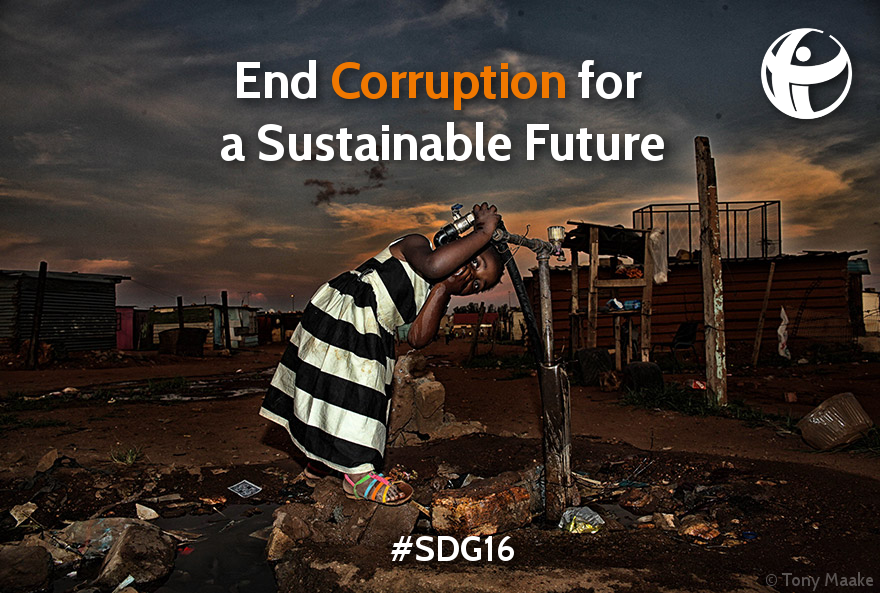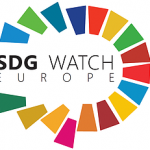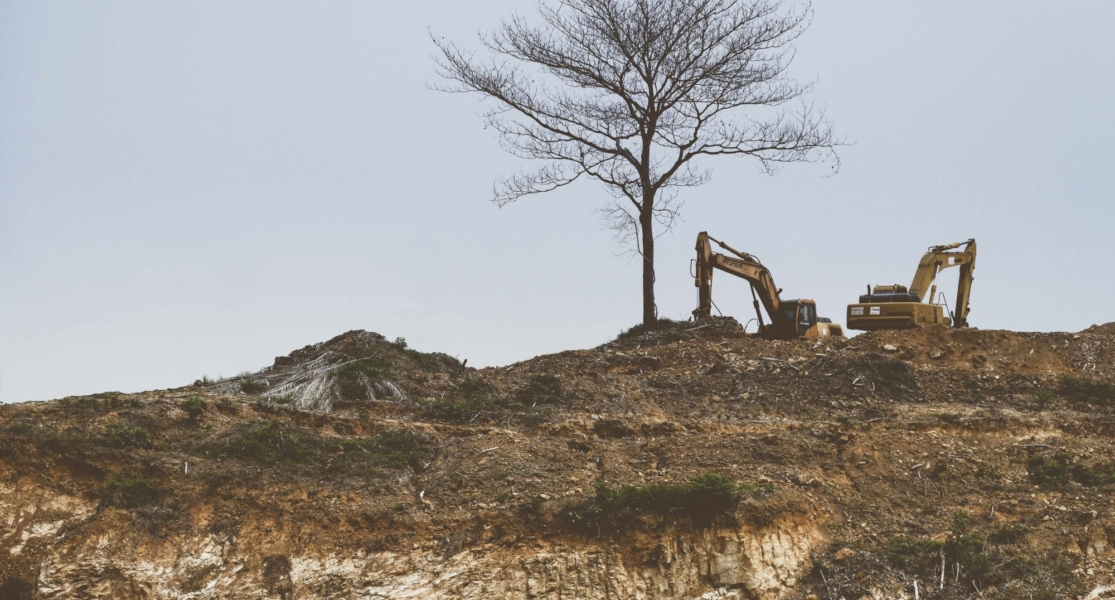At the heart of most global challenges lies one problem: corruption. Poverty, climate change, hunger, inequality and conflict are all fuelled to varying degrees by corruption. In the poorest countries, one out of every two people has paid a bribe to access basic services like education, health and water. Illegal logging and deforestation hamper efforts to mitigate climate change. Widespread bribery is associated with higher maternal and infant mortality rates. $1 trillion of illicit financial flows leaves developing countries every year in through tax evasion, embezzlement, bribery, money laundering and smuggling.
Last year the world’s governments agreed to a series of goals to create a better, more equal and sustainable future, the Sustainable Development Goals (SDGs). These 17 goals range from reducing inequality and poverty to providing quality healthcare and education for all. Unlike previous development targets these goals have for the first time acknowledged the universality of the problems we face and the need to tackle them together. This comes with the recognition that fighting corruption is critical to achieving a sustainable future. Goal 16 is about peace, justice and strong institutions. To do this we must deliver justice, stop illicit financial flows and end corruption and bribery.
Tackling corruption means tackling secrecy jurisdictions where the corrupt can hide their stolen cash with impunity. It means creating effective checks and balances on the logging industry to end the greed which is helping to drive climate change. It means safe and secure channels for whistleblowers to expose wrong-doing of any kind. It means having transparency across our politics, from who politicians meet, to who funds their campaigns. It means building strong and independent media and judiciaries to bring the corrupt to justice.
When Transparency International was founded 25 years ago, getting people to acknowledge corruption as a global problem was a struggle. Many companies regularly wrote off bribes as business expenses in their tax filings, the graft of some longstanding heads of state was legendary, and many international agencies were resigned to the fact that corruption would sap funding from many development projects around the world. The fight against corruption has come a long way, but there’s still so much to be done. The Panama Papers are a stark reminder of the sheer scale and global nature of the problem.
We are the first generation in history with the tools to detect, prevent and deter corruption. Transparency and open data can change the nature of the game. The ability to see where, what and how money is spent can help stop corruption.
However, transparency is just the beginning. We need to pressure governments to live up to their rhetoric and responsibilities. We need to hold them to account. That’s why we at Transparency International EU have teamed-up with seventy five other diverse organisations to build SDG Watch Europe. We know that corruption, inequality, over consumption, conflict and climate change are all inter-connected and cannot be tackled alone. Together we are stronger. Together we can push the EU to take its commitments to each and every SDG seriously.

SDG Watch



